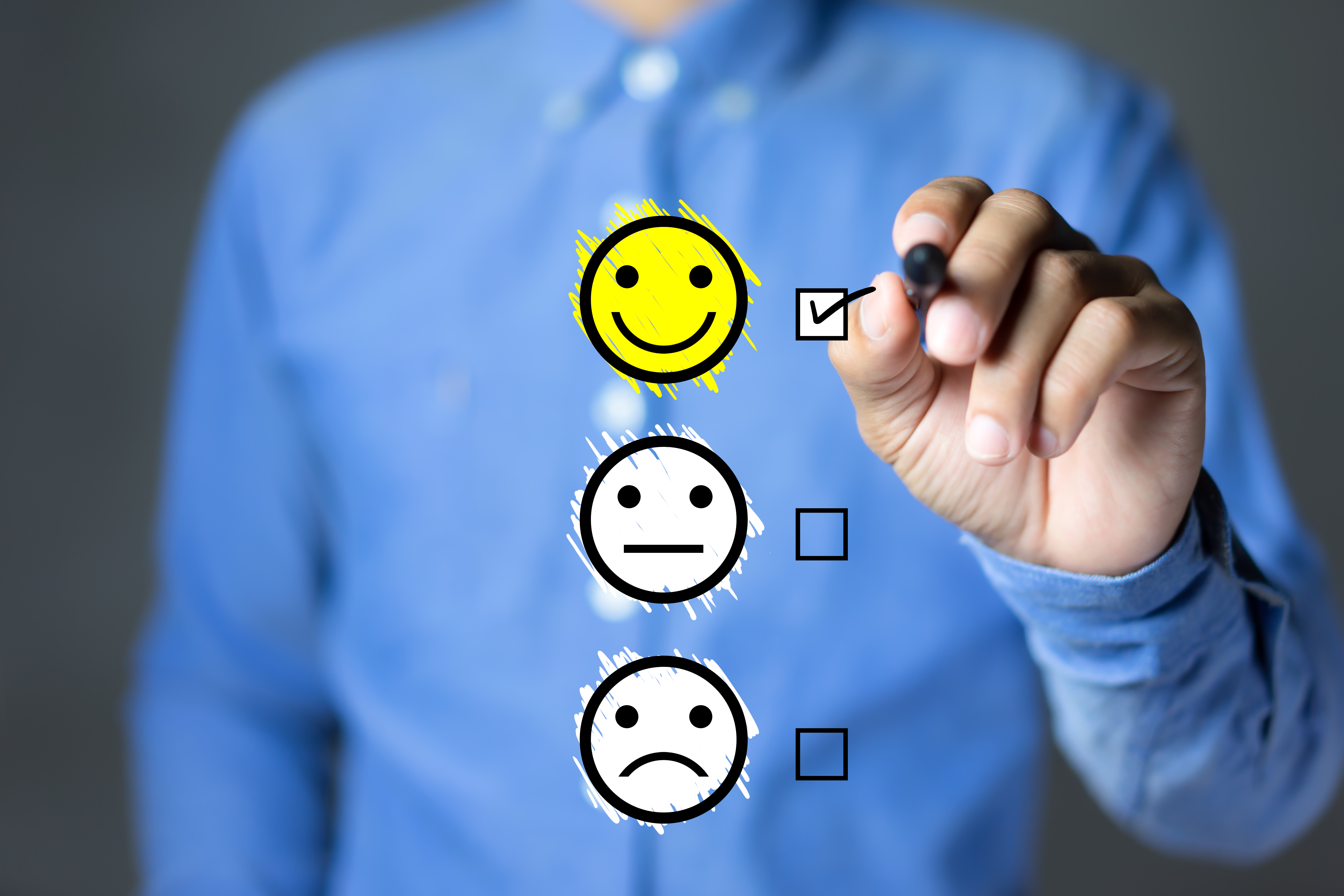Streamlining Documentation for Home Health Care Agencies

The COVID-19 Pandemic has made streamlining documentation a vitally important process for home health care agencies. Many agencies already had been moving forward with the latest technology by necessity. Agencies that have lagged behind are finding themselves overburdened with documenting and keeping up with the additional workload as a result of the pandemic.
In the growing and evolving home health care industry, there has become a great need for organizing, sharing, tracking and compiling and documenting vitally important information. Efficiency is the key to the streamlining documentation for every home health care agency. Mobile devices that utilize home health care apps have become the go to too for agencies and caregivers.
The Patient Driving Groupings Model (PGDM)
The Patient Driving Groupings Model (PDGM) was implemented by the Center for Medicare and Medicaid Services (CMS) on January 1st, 2020 and requires all home health agencies to streamline their operational processes..
PDGM Model Requirements:
- Documentation Deadlines Cut in Half
- Value Based Purchasing (VBP) Compliance
- Interoperability and Sharing of Information Requirements
- Maintain a High Level of Patient Care and Employee Satisfaction
Deadlines Were Cut in Half
Documentation and billing for treatment now must be completed in 30 days rather than 60 days. This actually doubles the amount of documentation and billing while the number of client cases increase as well. The workload has increased substantially. Billing and documentation through a mobile app simplifies the process. A mobile app can provide up to date statements of services rendered, balances and payment dates. Through use of a mobile app, a caregiver can immediately submit documentation. This greatly reduces the time taken in quantifying documentation and meets the more urgent deadlines.
Value Based Purchasing (VBP) Compliance
Home health value-based purchasing (VBP) is a system of incentive payments relying on improvements in care and cost reduction made by health care agencies for Medicare patients. This holds health care agencies accountable for the efficiency of service provided while reducing costs and maintaining quality. The services are rated via a point system and agencies receive scores in 4 categories: Safety, Clinical Outcomes, Patient and Community Involvement and Efficiency and Cost Reduction. The higher the agency’s rating on improvement, the higher they are compensated by Medicare, thus incentivizing the home health care agency.
Home health care apps and mobile devices are a key component to meeting the requirements of VBP and play an important part for patients to participate in real time with decisions and coordination of their treatment. Documentation can be submitted in real-time, resulting in agencies having the ability to view the data immediately for quality assurance purposes.
Compliance for Interoperability and Data Sharing
The sharing of patient’s medical information between physicians and health care networks has become urgently important for agency compliance. Home health care agencies have developed or hired IT specialists to design their own system of documenting patient information. Interoperability is the process for efficiently transferring and sharing medical data and billing information among different medical networks.
Interoperability issues resolved as documentation can be accessed and transferred among networks through the efficiency of mobile devices. A mobile home health care app can give immediate access to patient documents for the home health care provider and the client. Access to test information, vitals documentation which allows patients to monitor their progress allow participation in the formulation of a medical treatment plan based on all available data
Maximizing Level of Care and Employee Satisfaction
With all of the additional responsibilities and deadlines, the patient’s care is the focus of PDGM. However, a home health care agency must also be cognizant of retaining quality health caregivers. Agencies must strike a balance with these demands of patient care, participating with their families and also caregiver satisfaction.
Delivery of the Vaccine to Seniors
The ability to reach the senior population has given home health care agencies an opportunity to become a major asset in the battle to defeat Covid-19.
Home health care agencies are uniquely qualified to deliver the life-saving vaccine as millions of seniors are already using home health care agencies for their medical care. There is no more efficient way to deliver the COVID-19 vaccine and provide all the documentation required than in an already existing system. The vaccine can be administered as part of an already scheduled appointment in many cases. Services can be simplified even further as thousands of agencies already use mobile app technology for documentation. COVID-19 vaccines can be scheduled, delivered and documented efficiently when mobile app technology is used.
Ahead of the Curve
Successful home health care agencies had been transitioning to streamlined operations by utilizing app technology through mobile devices before the advent of COVID-19. As more regulations come down the pike and other potential health emergencies emerge, home health care agencies will be the trend setters in compliance and care.
Subscribe to updates!


